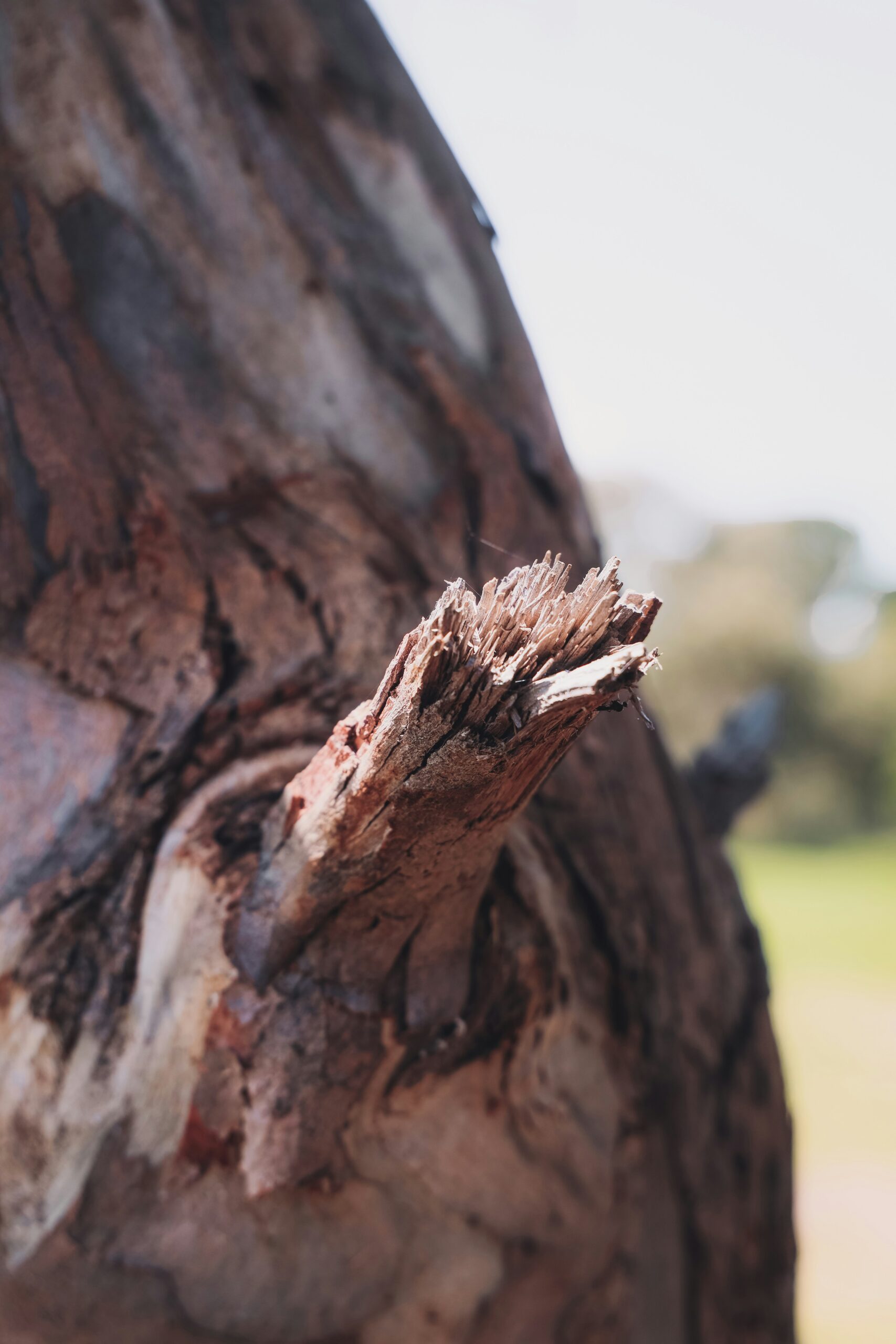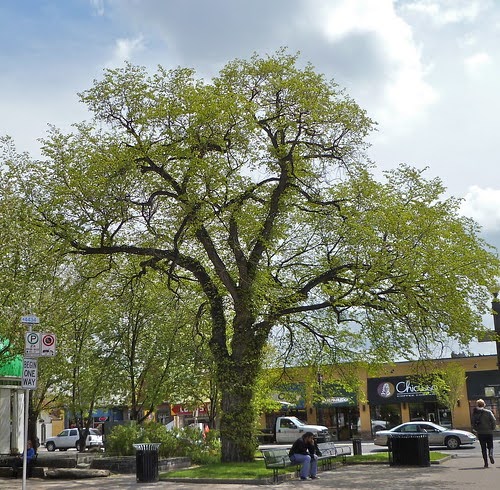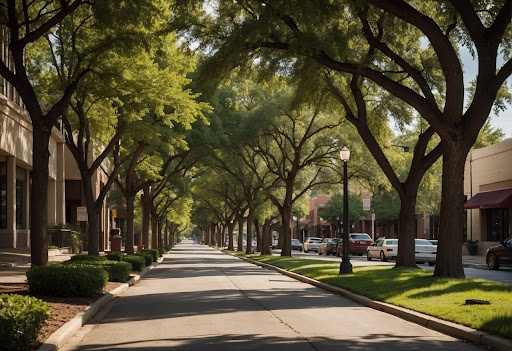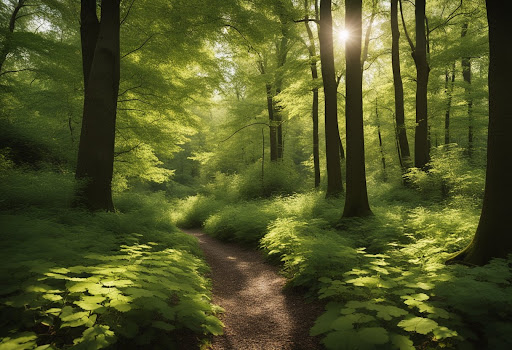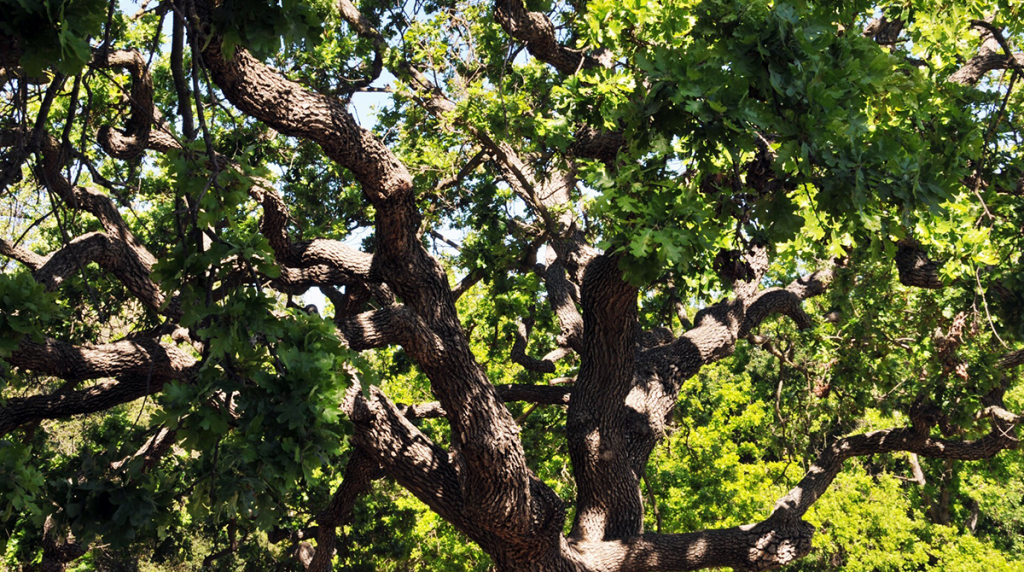
Date February 11, 2021
Category
Maybe you’re a first-time homeowner, and your new home came with a tree or two that you don’t know how to maintain. Perhaps you’ve finally decided to make those improvements to your landscape that you’ve been thinking about, and so you’re doing some research before planting a tree. Whatever the case may be, congratulations on your journey! By finding and clicking on this blog, you’ve taken your first steps towards becoming a responsible tree owner by educating yourself about tree health and the best tree care practices. Your trees, thank you. Here are some tree care tips to help you get started:
Best watering practices
Whether they’re young or old, all trees need water. However, immature trees do need a bit more. Here’s what you should know about watering your trees:
- Newly planted trees should get five gallons of water per week per caliper inch, which you can determine by measuring the trunk’s diameter six inches from the ground. During summer, increase the amount of supplemental watering to ten gallons per caliper inch.
- Water your trees twice a week to give the soil time to dry between watering — ideally every Monday and Thursday.
- During weeks of heavy rainfall, skip the supplemental watering. Be wary of water sitting at the base of the tree and water-logged soil. Over-watering can kill trees, especially young ones.
- Mature trees might also need supplemental watering during months of less than three to four inches of rainfall. However, different trees require different amounts of water. Some Texas trees need very little water to thrive during dry months. Do some research about your specific tree.
- In the summer, when hot temperatures stress your trees during the day, it’s best to water in the evening or at night. That’s when trees have a chance to replenish their moisture. It’s also the time when water is least likely to evaporate.
- The best watering method is to use a soaker hose or drip irrigation.
- Don’t focus the water on the tree’s base as it could cause root disease and other issues. Instead, you should water your trees below the crown and extend to a few feet beyond the dripline.
Understanding tree nutrition
Each tree has its own set of preferred soil conditions: Some prefer acidic soil; some prefer alkaline soil; some thrive in clay; others thrive in sand. Before you dump a bunch of fertilizer or other organic matter into your soil, do a little research about your particular tree to determine your tree’s needs. It is possible to over-fertilize your soil, so you should do a soil test to check your soil’s condition and determine if and how to amend it. It’s best to get one from a lab or extension service, but in a pinch, you can find a home testing kit at most garden centers. If you have questions or concerns, consider hiring an arborist for fertilization and soil conditioning. A professional tree care provider can help you examine your soil and determine how to amend it to best suit your tree.
Mulching your tree
Mulching offers different benefits to your tree than fertilizer, although like fertilizer, it can add nutrients and other elements to the soil. However, even if you don’t need to fertilize your soil, make sure to maintain the mulch around your tree. Mulch acts as a protective blanket for your tree’s roots. It helps your soil retain moisture and nutrients, making the soil rich and more comfortable for your trees to grow. It also tamps down on weeds and grass’s growth, meaning less time and work digging up weeds. Lastly, mulch regulates the soil’s temperature, keeping it warm during the winter months and cool during the summer months. This is especially important for young trees and can be a huge boost in furthering their survival chances. Here’s how to do it:
- When you mulch, make a layer about two to four inches thick. Spread the coating around the tree’s base, starting a couple of inches away from the trunk, going out in all directions about three or four feet.
- Be careful not to use too much mulch and create what arborists call a “mulch volcano.” Over-mulching can cause the roots to grow up around the base of the tree and choke it. Although this is a fixable issue, it’s much easier to avoid it altogether. If your tree already has this issue, call an expert tree care service.
- Too much mulch can also keep oxygen from entering the soil, which can suffocate the root system. Roots depend on oxygen for growth and function.
Tree pruning tips
Tree pruning and trimming isn’t a one-and-done thing. Even healthy trees need routine pruning. After a few years of establishment, young trees need to be pruned and trimmed to develop the correct structure during their juvenile stage of approximately ten years. Pruning can have a huge impact on the overall structural integrity of the tree. Keep in mind that less is more when it comes to tree pruning, so make sure you’re using proper pruning techniques. Since bad pruning can have serious long-term effects on your trees, you should consider working with a certified arborist who understands proper structural pruning and other healthy pruning techniques.
TreeNewal is here for you.
It can be a little daunting when you first begin learning how to care for a tree, but TreeNewal is here to help you every step of the way. We’re a one-stop-shop for all your tree care needs. We have three ISA Certified Arborists on staff and a team of highly qualified tree care experts ready to help.
We can help with tree planting, tree nutrition, soil conditioning, tree trimming and removal, tree pruning, root aeration, insect and disease management. If your tree appears to be dead, we can also help with tree removal services.
For more information on how to care for your trees, visit our website at treenewal.com for more information, or call us today at tel:(817) 592-6846 to schedule an appointment.
To learn more about Tree Care 101: Beginners Guide to Happy, Healthy Trees, call our Argyle and Southlake-based teams at tel:(817) 592-6846 or send us a message.
We’re a little different than the average tree services company.
Learn more about TreeNewal’s ISA Certified Arborists!
Our Dallas/Fort Worth-based tree doctors can explain how sustainable tree care services add more value to your bottom line.
Healthy trees, healthy lives.
